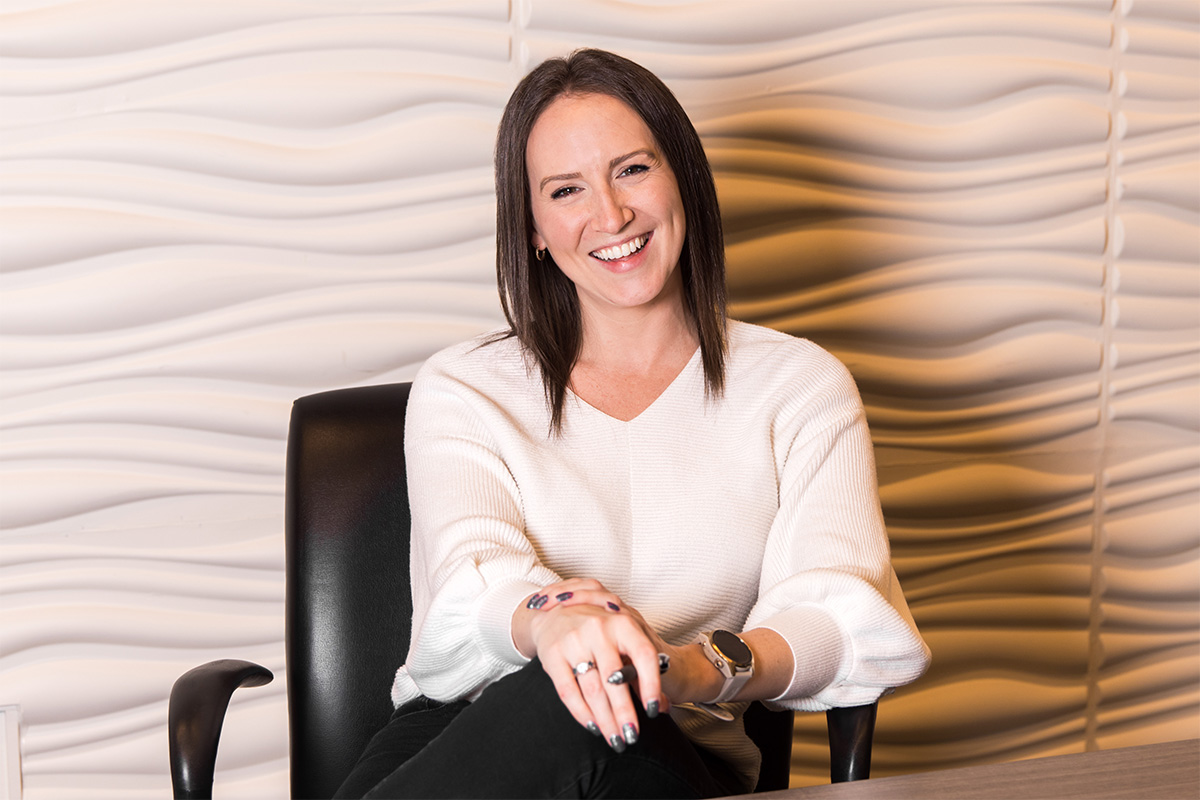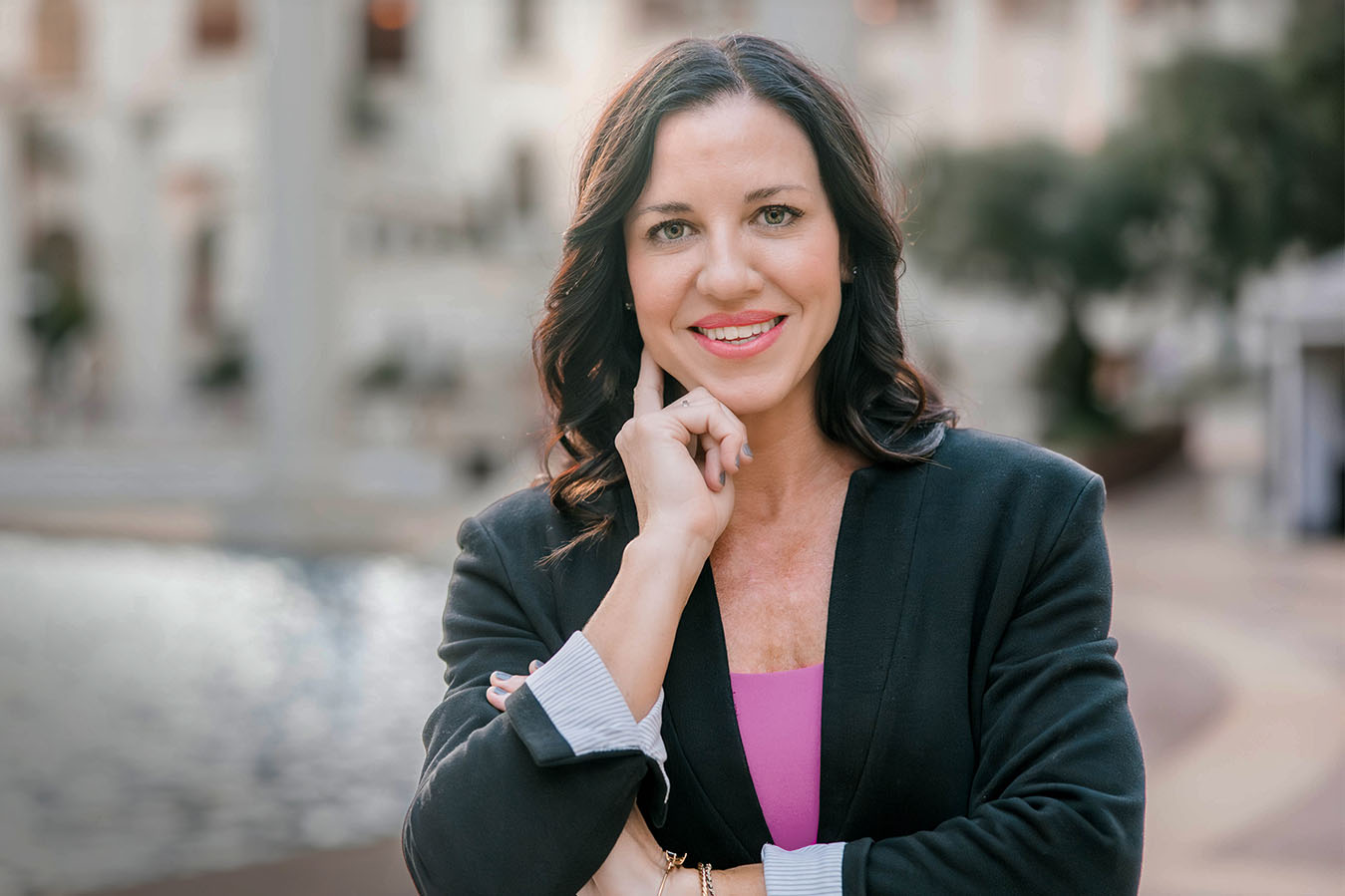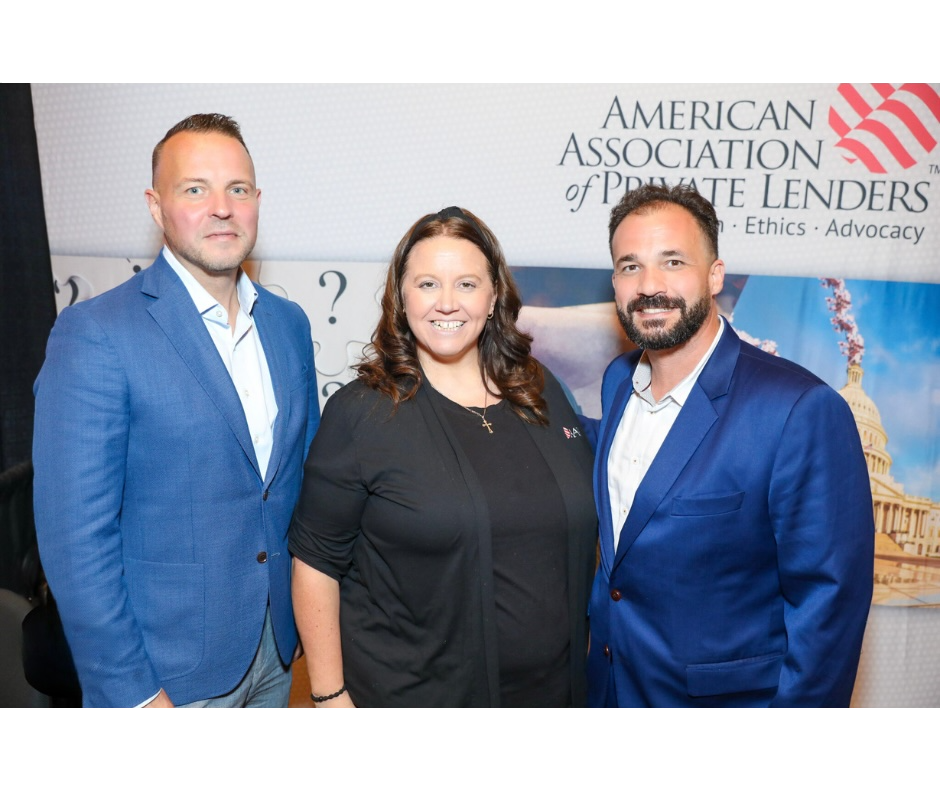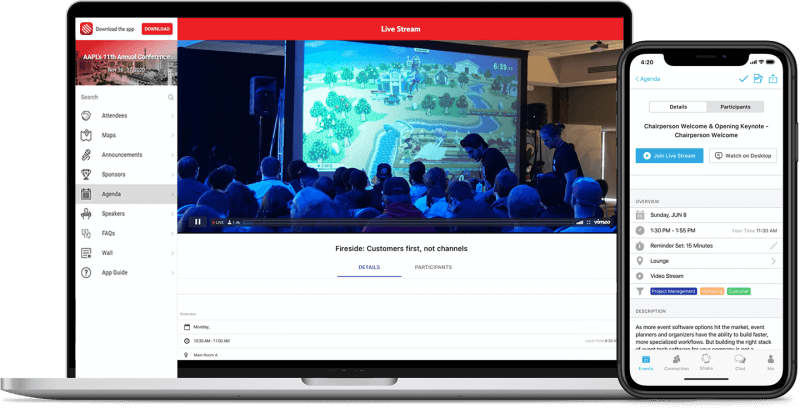Former NFL player Josh Baker jets into high gear with his new venture.
Josh Baker’s career path has been unorthodox, veering from a major in criminal justice to a stint in the NFL to a career in private lending. Through every step, he’s made forward progress, grinding to make that next first down.
Josh grew up in Chesapeake, Virginia, where he played high school football. His talent took him to the University of Delaware. Unfortunately, some minor infractions like lighting a candle in his dorm room ran him afoul of the school’s three-strike rule, and he had to take a one-year hiatus from playing. (Ironically, during that hiatus, the school did away with its three-strike rule—timing is everything.)
Unwilling to give up on the sport, Baker kept working and eventually made it onto the roster of the New York Jets as an undrafted free agent. He was versatile, playing fullback and tight end as well as on special teams.
Early into his second year on the team, he took a bad hit. As he went for the ball, an opposing player hit him in the knee, resulting in a microfracture along with torn meniscus and ligaments. It was a devastating blow to his body and his career. He rehabbed the rest of the season but ultimately decided it was “time to hang up the cleats.”
“It’s bittersweet,” he said. “There’s an acronym—NFL—and it means ‘not for long.’ So, you kind of know that going into it.”
Although he misses the fun times, Baker said he definitely doesn’t miss training camp.
A New Play
Ready for a fresh start, Baker decided in 2013 to move to Austin, Texas. He didn’t have much of a career plan, but he was open to opportunities.
He started out by networking and working odd jobs— doing “a little bit of everything,” he said. He met a former NHL player who took him under his wing, allowing him to listen in on conference calls and learn how business deals were structured. Baker started doing research on his own to dive deeper into the business and ended up “being a deal junkie.” He enjoyed talking with business owners who were looking for different types of financing and connecting them with people looking to deploy capital.
His experience taught him important career-building lessons. First, he learned that athletes have a natural “sphere of influence” and can often use their alma mater to make connections.
“If you knew my name, that means you’re really a die-hard Jets fan,” Baker said. “But if (someone has) a pretty decent name (from playing sports), and you’re a business owner, and you get an email, and you remember that guy playing, the likelihood of that business owner getting back to us and responding to us was a lot higher.”
Baker also learned the economic principles such as supply and demand that play into different business ventures. He gravitated toward real estate after seeing the demand for capital in that space.
“Here in Austin, the real estate market is just on a tear and has been on a tear for a while,” he said.
Outside-the-Box Solutions
At first, Baker and a team at Players Capital Group built a real estate brokerage as an entry into the market. They identified top lenders as well as developers who were doing 10-12 deals a year. They consolidated the deals and brokered them to lenders.
Three or four years ago, Baker began gravitating toward nonqualified mortgage lending.
The product is geared toward developers of long-term-hold rental properties who need creative solutions to manage their portfolio. An acronym that fits many borrowers Baker works with is BRRRR: buy, rehab, rent, refinance, repeat.
Baker said he likes that non-QM loans don’t have to fit a certain mold, either for the borrower or the lenders providing the capital.
“There’s so many different products and ways to get creative to find a solution. And then that solution is tailored to the developer,” he said. “I like thinking outside of the box to provide a solution to somebody. And then, once you do that one time, that can be replicated for that particular relationship going forward, whether it’s bringing you to a borrower or a lender. I just think it’s always cool bringing tools and products to somebody that they can use to scale their business.”
‘The More People We Help, the Better’
This year, Baker’s business has taken a deeper step into lending. He and several partners have a new fund aimed at helping small and regional lenders “take a second bite of the apple,” he said, helping them build on relationships with rental property owners.
“We realized that a lot of these smaller to mid-sized private lenders, it’s not a natural fit for them to originate long-term loans,” Baker said. “You know, someone rents a property—they buy a house and fix it, and instead of selling it, they want to refinance out of (a bridge loan) and hold that in their rental portfolio. A lot of private lenders are not set up in a way they can handle that second loan, that long-term, 30-year loan. Traditionally, that’s done with banks.”
Baker’s goal with his new venture, a company he named De Novo, is to operate as an outsourced capital markets division for small and mid-sized lenders. It also will offer technology that will either replace or plug into what lenders already use to allow them to process, underwrite, and sell loans in a single platform, Baker said.
For Baker, the value proposition is allowing lenders to maximize relationships they’ve already created with borrowers.
“Extending this product to them without us participating on the front-end origination point is, I would say, one big separator” from others in the market, he said.
By targeting smaller lenders, Baker aims to reduce the barriers to entry they would otherwise face to originate long-term loans, such as high monthly fees and lender minimum net worth requirements.
“It’s important because, operating in the space, I’m seeing all the problems, and they’re not necessarily market problems,” he said.
From Baker’s perspective, the market favors national lenders, although local lenders have the real relationships with borrowers. He likens the project to adding a few rungs to the ladder of success.
“It’s kind of cliché, but the more people we help, the better,” Baker said. “If you’re able to streamline and enhance and provide people with a real relationship and more competitive pricing, you know, in theory, it’s economics to trickle down to the borrower.”
He added that with the current shortage of available rental housing, he hopes that offering this product will help entice investors to create more rentals in their portfolio for families who can’t afford to buy.












Leave A Comment